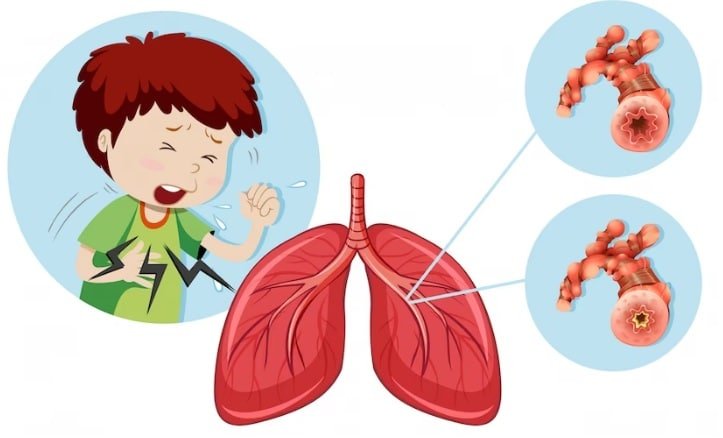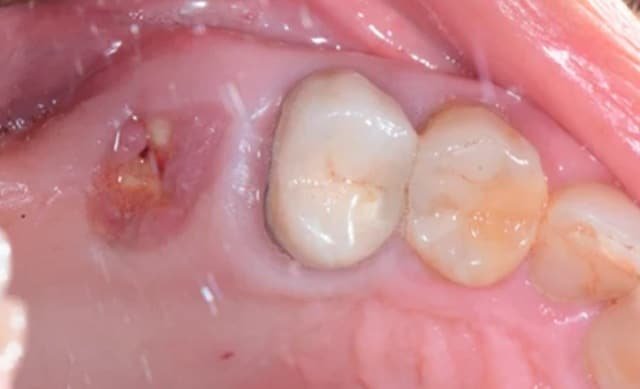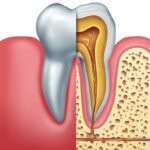When can you drink alcohol after wisdom teeth removal out is one of the most often asked questions. While it is essential to avoid alcohol for at least 24 hours following the treatment to allow for appropriate healing, many individuals question if they may drink alcohol beyond this first time.
The response is contingent on the extent of the surgery, the type of anesthetic used, and other considerations.
When can you drink alcohol after wisdom teeth removal?
Alcohol is a chemical substance produced when yeast or other microbes digest glucose and other carbohydrates. It is typically present in alcoholic drinks, including beer, wine, and liquor.
Ethanol is the kind of alcohol present in alcoholic beverages. Alcohol is frequently employed as a social lubricant because, when drunk in moderation, ethanol may have a soothing effect on the body. However, excessive alcohol use can result in various health issues, such as liver damage, heart disease, and addiction.
It is essential to use alcohol in moderation and be aware of its potential hazards. If you have any worries regarding your alcohol intake, you should always see a healthcare professional.
It is typically advised to abstain from alcohol for at least 24 to 48 hours following wisdom tooth extraction. Since alcohol can inhibit the formation of a blood clot at the extraction site, a painful condition known as a dry socket might result.
In addition, drinking can exacerbate bleeding and edema, delaying the healing process. It is essential to carefully adhere to your dentist’s or oral surgeon’s post-operative instructions and avoid any activities that may slow your recovery.
If you decide to consume alcohol after 48 hours, it is advised that you do so in moderation and avoid using straws or other objects that might dislodge the blood clot. Also, you should drink lots of water and avoid drinking excessively hot or too cold beverages since they might slow the healing process.
Why can’t you drink alcohol after tooth extraction?
here are numerous reasons why can’t you drink alcohol after tooth extraction:
Indeed, consuming alcohol after tooth extraction might increase bleeding because alcohol thins the blood and makes it more difficult to clot. A blood clot grows in the socket of a removed tooth to halt bleeding and facilitate healing. If this blood clot is broken or dislodged, it can cause bleeding and slow healing.
Because of this, most people are told not to drink alcohol for at least 24 to 48 hours after getting a tooth pulled.Follow your dentist’s or oral surgeon’s instructions attentively during this period to guarantee good healing and avoid the risk of issues like dry sockets.
Alcohol consumption following tooth extraction might hinder the body’s ability to recover correctly. Because alcohol can have a detrimental effect on the immune system, which is responsible for combating infections and facilitating recovery, alcohol use is discouraged.
After a tooth is pulled, the body must work diligently to repair the incision and stimulate the creation of new tissue. Alcohol can retard this process by decreasing the generation of essential proteins and enzymes required for tissue repair and development. This can prolong the healing process and raise the risk of infection.
To promote adequate healing following a tooth extraction, it is essential to adhere to your dentist’s or oral surgeon’s advice and refrain from consuming alcohol for at least 24 to 48 hours. In addition, it is essential to maintain proper dental hygiene and consume a soft diet to reduce inflammation at the extraction site.
Dry mouth: Alcohol use following tooth extraction can also result in dry mouth, hindering the healing process. A dry mouth is caused by decreased saliva production, which can raise the risk of infection, delay healing, and cause pain.
Alcohol is a diuretic; therefore, it can promote dehydration and inhibit salivation. This can be especially problematic following a tooth extraction, as saliva helps keep the mouth moist and clean and plays a crucial role in healing.
To prevent dry mouth following a tooth extraction, it is essential to consume enough water and avoid alcohol and other diuretics. Use a saline rinse or another mouthwash suggested by your dentist or oral surgeon to keep the extraction site clean and moist.
Can I drink wine after tooth extraction?
After tooth extraction, the empty socket will be filled by a blood clot vital to the healing process.Drinking alcohol during the first 24 hours following tooth extraction can lead to issues such as dry socket, a painful disease in which the underlying bone is exposed to air, food, and germs.
If the blood clot has formed and the danger of dry socket has diminished, you may be allowed to drink a limited amount of wine or other alcoholic beverages. However, it is vital to remember that alcohol can hinder the healing process by drying the body and reducing the immune system’s capacity to fight infection.
Using a straw, smoking, or consuming hard, crunchy, or spicy foods might irritate the extraction site and postpone recovery.
In conclusion, if you ask can I drink wine after a tooth extraction, you should wait at least 24 hours to enable the blood clot to form and prevent difficulties. Also, it is essential to drink alcohol in moderation and maintain adequate hydration to aid healing. It is always a good idea to see your dentist for individualized guidance on safe activities following a tooth extraction.












